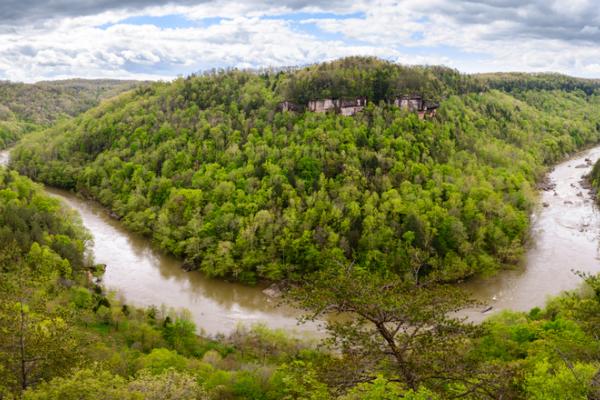What follows is the text of a talk delivered at the Sojourners Summit for Change earlier this year. This transcript has been lightly edited for online.
My greatest hope is standing in the river of life:
With Lemah Gebowe in Liberia, who transcended her own trauma to receive the Nobel Peace Prize for leading Christian and Muslim women to stop a civil war.
With Victor Dogos in Chad, who built a national religious reconciliation network — the Chadian president now holds annual retreats with Muslim and Christian leaders from this group, who together keep the peace.
With the memory of myself and a Muslim professor of Christianity in Qom, Iran, taking two months to read and discuss the book The Politics of Jesus. A new vision for two civilizations flowed through our words.
We do not see Liberia or Chad in the news. Iran is on the verge of a tentative peace.
John Paul Lederach describes how transformed relationships built over time become the infrastructure of just peacebuilding that often gets handed up to political peace processes.
This is not happening in Iraq and Syria, as their regimes did not allow for infrastructures of just peace.
Instead, a river of death polluted with legacy trauma, wrong theology, and fierce revenge runs through the Islamic State.
Just as the Treaty of Versailles crushed the Germans after WWI to become the resentment stream [from which] the Nazis flowed, so the Sykes-Picot [Agreement] of the same time crushed the Muslim Middle East under colonialism, followed by dictatorships, then deepened by the 2003 invasion of Iraq.
We can all lament or question the necessary violence required to stop IS brutality. [But] many of our church traditions had blessed as “necessary” the waves of past violence that helped create the poisoned well [from which] the IS flows.
Turning to theology — Joseph, Elisha, and Jesus stood in similar rivers of death yet turned to life:
Joseph rose above his enmities to forgive his brothers and save two nations — a story so powerful that the prophet of Islam forgave his own enemies in Mecca using Joseph’s words to Joseph’s brothers.
Elisha heals the enemy, Syrian general Naaman, at the visionary initiative of a young girl, a traumatized prisoner of war.
For a while Elisha saved two nations when he blinded, fed, then freed enemy soldiers. “The Arameans no longer came raiding into the land of Israel.” (2 Kings 6:2-3.)
In Jesus's inaugural speech in Nazareth, Jesus names this peacebuilding vision of Elisha and Naaman and is almost thrown off a cliff for implying that God would save the two peoples of his time.
Scripture comes alive when read as infrastructures of peacebuilding.
I stand here in this foolish hope having come from both the river of death and the river of life:
My mother's ancestor was the last person beheaded for reasons of faith by the reformed Christian state church of Zürich, Switzerland, in 1614.
My father's ancestors were from a reformed Christian tradition in Switzerland whose state church formally apologized in 2003 for this persecution that occurred in the middle of Europe's Wars of Religion, which killed 40 percent of Europe’s men.
The Islamic State is nothing new. The river of death in another form – flowing from trauma, fear, hate, and zeal.
We all will live in the future we do or do not create through just peacebuilding.
Where do you stand?
Father forgive us, for we know not where we stand.
Got something to say about what you're reading? We value your feedback!
